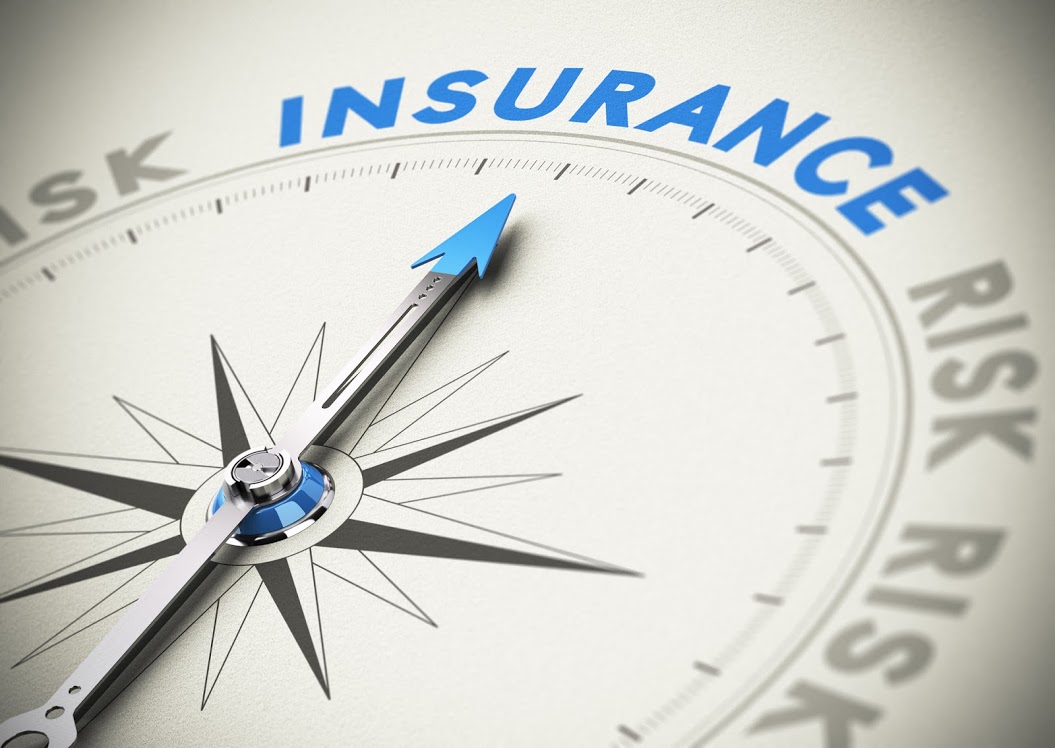Love Your Boat? Protect It in and out of the Water

No matter whether it’s large or small, your boat is a financial investment. You also put your own hard work into making it exactly what you want and filling it with good memories. So your boat deserves to be properly protected from all sorts of theft and damage.
How can you protect your summer fun? Here are three categories of protection and what you can do to meet them.
1. Protect What’s Removable
Don’t make your boat an easy target. Just as you wouldn’t want to leave valuable items visible inside your car, don’t leave anything valuable visible on or inside the boat. This situation just encourages thieves – both professionals and casual passersby.
In addition to your own valuables, like jewelry and electronic devices, remove or secure expensive fishing or navigational equipment. It’s always a good idea to keep a record of electronics and equipment on the boat – recording serial numbers and taking photos. And unless you’re actively using the boat, consider removing registration and title documents as well.
Do you have personal watercraft or smaller boats and tenders? Bring them onboard if possible and secure them with anti-theft devices. Use locking cables for anything that must stay attached in the water.
2. Protect the Boat Itself
Of course, the biggest financial loss for most owners would be theft of the boat itself. How can you make your boat harder to steal? Start with personalization. A unique paint job and other easily identifiable traits make a boat (and other small watercraft) less enticing to thieves who want to stay hidden. But cover flashy brand labels and decorations that boldly advertise pricey add-ons.
Chain up boats while on trailers and make the trailers hard to hitch up to (such as by parking them in front of a tree). Modern boat locks provide a lot of extra security for parked vehicles, both in and out of the water. Look for security points to lock, including the engine, prop, trailer jacks, wheels, and cabins.
Use motion sensor lighting on the exterior where you can. And, finally, install an alarm system for allaround protection. A good alarm should be easy for you to use, and it should cover all the entry points to your craft.
3. Protect Everything Together
Good protection starts before you even get on the boat. It generally consists of paying attention to two key ingredients: the physical surroundings and financial coverage.
Ideally, your boat should be stored inside a locked facility as much as possible. If putting it up for the winter, opt for professionally-secured storage space when possible. When keeping the boat out in the water, choose a secure, well-lit marina; it should have full-time security staff. And make the staff aware of when your boat is being used and when it’s docked so they can keep an eye on changes.
Be sure you have appropriate property insurance coverage too. Boat insurance can be complex, so work with an experienced insurance agent to determine specific needs.
Homeowners insurance, for instance, generally doesn’t cover boats with engines, but it may offer protection for your personal valuables while they’re on the boat. Similarly, a boat being towed by a trailer may be covered by auto insurance. Taking your boat out of U.S. waters? You may need special coverage.
Each boat and its gear is unique, of course. So what you choose for safety and protection should be personalized to your needs. At Petzold’s Marine Center, we have experience with all types of boats and accessories. We can help you make sure your boat is as protected as possible so you can relax and simply enjoy more fun in the sun.
